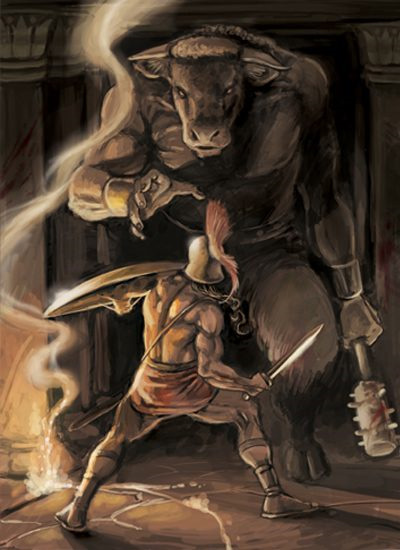Humor (n.): the quality of being amusing or comic, esp. as expressed in literature and speech.
First Use: 1340AD Ayenbite
'To þe bodye of man comeþ alle eueles uor þe destempringe of þise uour qualites oþer of þise uour humours'

Bibliography:
http://0-www.oed.com.libraries.colorado.edu/view/Entry/89416?rskey=VX4hVS&result=1&isAdvanced=false#eid
http://education-portal.com/academy/lesson/black-bile-humor-definition-lesson-quiz.html#lesson
Pronunciation: /ˈhjuːmə/
Etymology: Ancient philosophers thought that our bodies were made up of a mixture of four liquids. These liquids were what created our temperament (which, get this guys, actually means mixture!). The four "humors," as they were known, were blood, phlegm, yellow bile, and black bile. Blood lead to optimism, phlegm to slowness, yellow bile to a short temper (the Latin word for bile is "chole" so having too much yellow bile lead to a choleric temper), and black bile made you melancholy (melancholia in Latin quite literally means "the state of having too much black bile"). If there was any imbalance in these humors, a person would become eccentric and strange. Later "humor" became an synonym for oddness. Eventually it evolved into its current meaning, an adjective for someone who brings laughter to the strangeness of life.First Use: 1340AD Ayenbite
'To þe bodye of man comeþ alle eueles uor þe destempringe of þise uour qualites oþer of þise uour humours'

Bibliography:
http://0-www.oed.com.libraries.colorado.edu/view/Entry/89416?rskey=VX4hVS&result=1&isAdvanced=false#eid
http://education-portal.com/academy/lesson/black-bile-humor-definition-lesson-quiz.html#lesson


